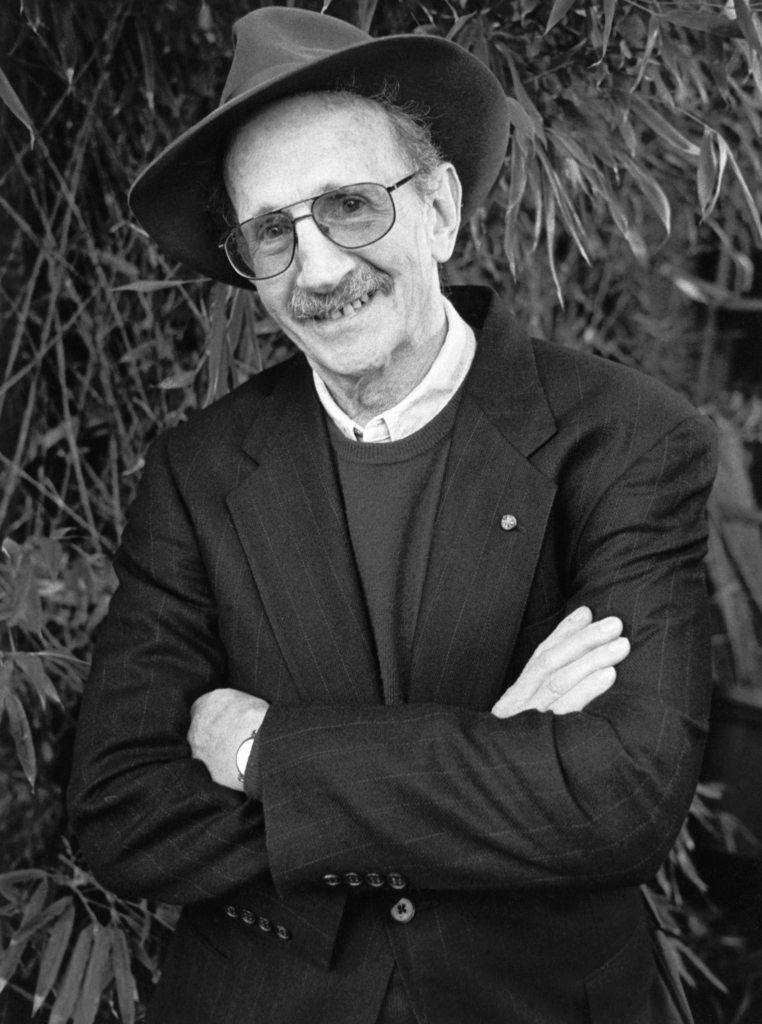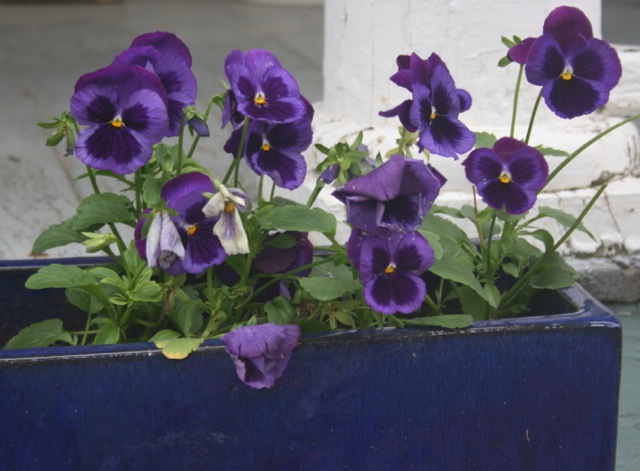
American poet Philip Levine (1928-2015) was accomplished by any measure. The Poetry Foundation website profile on him says “The author of numerous award-winning poetry collections, Philip Levine was elected a Chancellor of the Academy of American Poets in 2000. In 2011, he was named the 18th U.S. Poet Laureate by the Library of Congress, and in 2013, he received the Academy of American Poets’ Wallace Stevens Award for proven mastery in the art of poetry.”
Levine’s poem, called “A Story,” is an accomplished illustration of the universality of personal storytelling, and how it is image and memory that transforms a generic house into a a place that means, easily or uneasily, home. The poem also grapples with how one’s schooling dovetails or deviates from the world seen by an individual at any given time or place.

Context for My Poem, “How It Must Be”:
I have been thinking a lot about the power of story, the human susceptibility to the narrative pull, if you will. For the past two years, I have been plunged again into the writing of fiction, so that is part of why I am wondering about why stories are so important. At the same time, I have been hearing how enrollments by English majors are plummeting, a trend that dismays, baffles, and alarms me, a born English major. Recently, I read Nathan Heller’s analysis of the trend, titled “The End of the English Major,” in the February 23, 2023 issue of The New Yorker. Though the article ends on an upbeat note–that the pendulum will eventually swing away from the current emphasis on STEM, STEM, STEM–I am puzzled that the value of studying the structures and uses of the English language, which I think structures the way speakers of English reason and apprehend the social and natural worlds is now an eclipsed discipline. (By the way, English is now the most commonly spoken language on our planet, with an estimated 1.5 billion speakers.)
But what do I know? At the same time that interest in examining celebrated literature of the past seems to be declining, at least as a committed speciality, enrollments in Creative Writing M.F.A. programs are at an all-time high, and undergraduate creating programs seem to be flourishing, too. A 2018 article from IowaNow, a publication from the state university housing the most prestigious of creative writing graduate programs, reports that “the popularity of UI’s creative writing major explodes.” That program, only established in the fall of 2016, was the only humanities program place in the top ten declared majors. It was expected to enroll 50 majors the first year and increased to 200 majors by 2023, yet in its second year of existence the program already had 526 declared majors. Clearly, the power of story and the power of exploring language is alive and well. (It is also cheering to me to read that bricks and mortar bookstores, selling printed words on paper, are making a comeback!)
The Shakespearean sonnet I penned for today, “How It Must Be,” is this morning’s attempt to grapple with all of this. As I found the poem taking shape, I also found myself grateful for my old teachers, not only those in the Creative Writing Program of the Department of English at the University of Wisconsin at Madison but also those like Standish Henning, who introduced me to the powerful and subtle sonnets Shakespeare wrote, and William Gibson, who heroically created a class that yoked together eight weeks of Walt Whitman followed by eight weeks of Emily Dickinson. My only regrets from my undergraduate years are that they went by too quickly and that I was not able to register for the UW’s “Physics for Poets” class. Perhaps in my next life?
(If you wish to receive a copy of today’s poem and haven’t already, via email, let me know!)
Until Tomorrow, Happy Reading! Happy Writing! Happy Pondering!
LESLIE


Hi Jane,
Yes, English used to be regarded as an essential gateway. How did it become a cul-de-sac in the minds of most? I shall never understand this!
It’s always good to read your postings,, Leslie. I too was disturbed by the New Yorker article on the demise of the English major. I remember when future law students and pre med students flocked to classes to learn how to reason and persuade and use evidence, etc. And of course, English majors as well.
Maybe we can talk sometime about the essay sometime–I would love to know your evolving thoughts on the life of English study.
And thank you for your feedback on the poem!
Thank you, Bonnie Jean. I always love knowing which poems speak to you!
Really love your posts — this one really resonated. Thanks, Leslie!
Very compelling post, Leslie. I’ve read that New Yorker essay once and want to again. It felt … inflammatory to me but that may be my bias shining through!
Your poem was rich with powerful words and thoughts. I must say I particularly like the ending. Such punch!